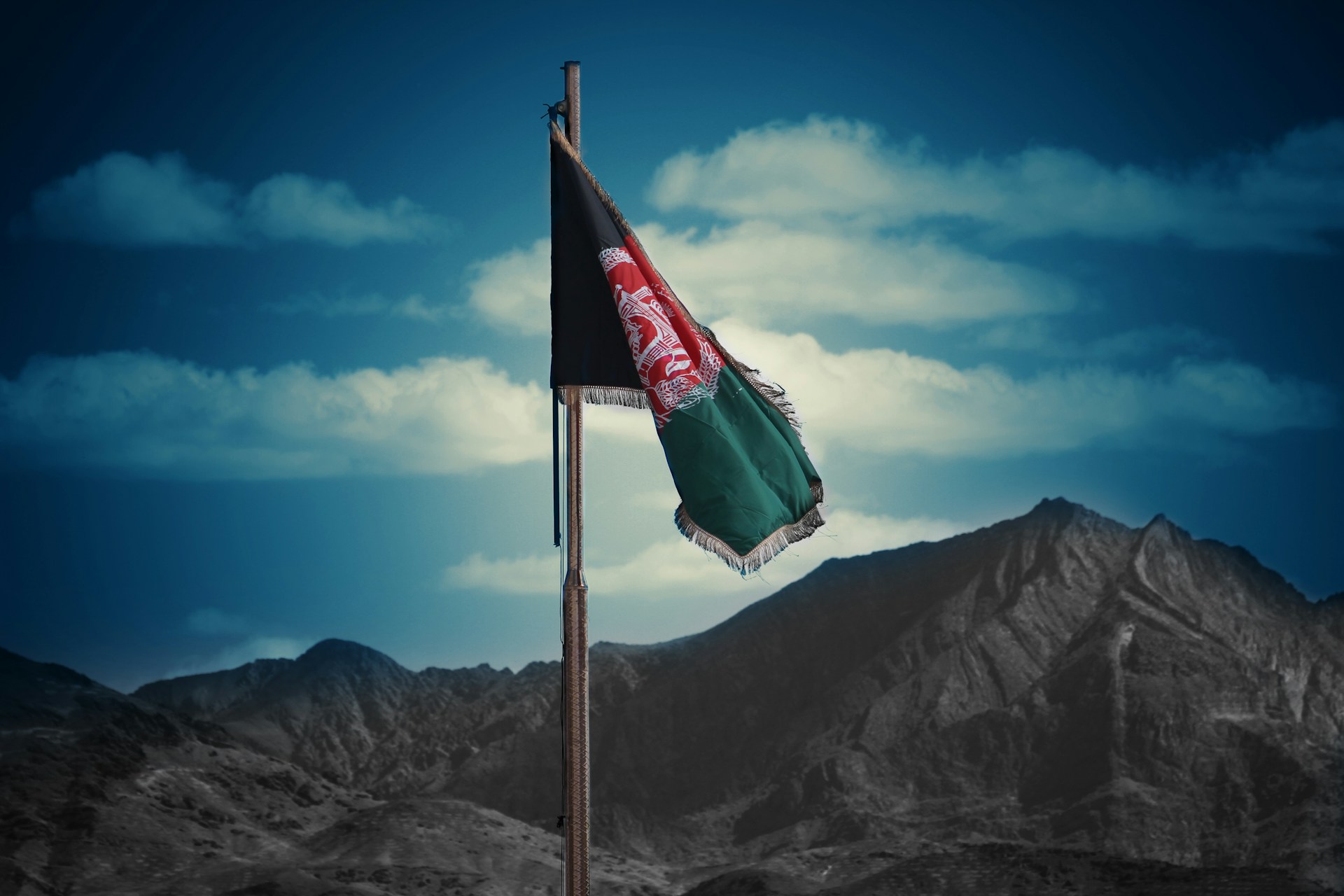Since the end of World War II, the issues of political stability, progress, and governance have emerged as three key foundations and principles in the foreign and domestic priorities of nations. Each country has developed its definitions and plans based on its standards and needs, initiating efforts to ensure political stability through developmental activities and good governance.
Afghanistan is still regarded as one of the most underdeveloped countries in terms of modern governance and development. The global index for political stability in 2024 indicates a negative score, placing Afghanistan second to last among 193 countries.
Many believe that the lack of political stability and governance in Afghanistan is a significant reason for its stagnation and failing governance. However, is governance and development deeply interconnected with political stability?
Generally, the main criteria for political stability include the presence of terrorism and conflict, as well as disruptions in institutional continuity.
We discussed this topic with development specialist Noor Habibzai, who has a master’s degree in international cooperation and humanitarian aid and has worked in governance and development sectors from 2003 to 2013.
Habibzai was one of the architects of Afghanistan’s National Development Strategy nearly two decades ago and has been working with international organizations in the field of humanitarian aid in the U.S. since 2014.
Views: 8











